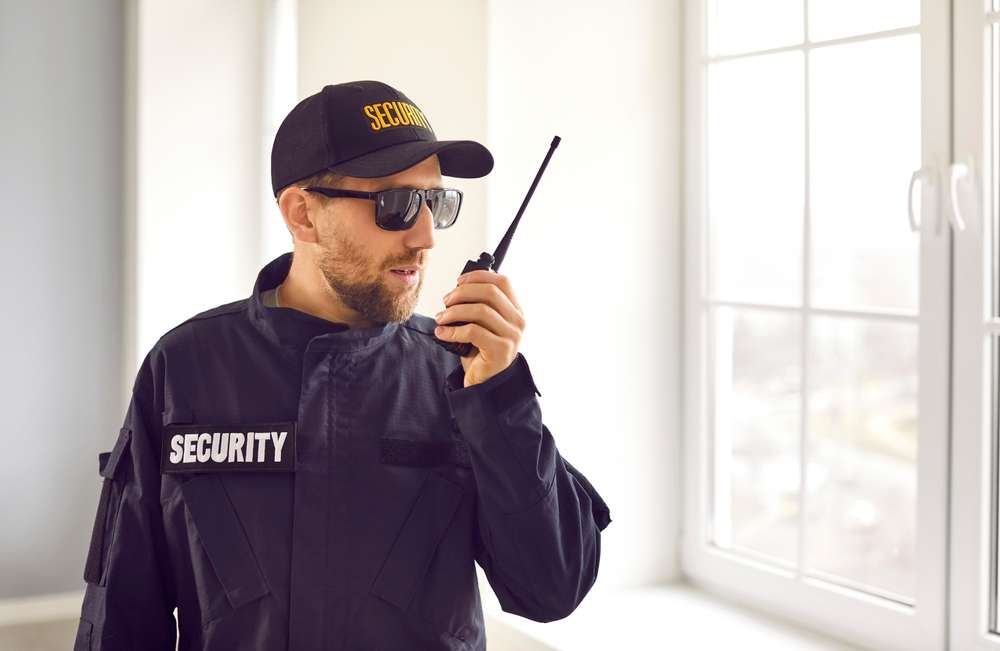The Role of Security Guards: Training, Certification, and Licensing
Security guards play a crucial role in maintaining safety and order in various settings, from retail establishments to corporate offices and public events. These professionals are the first line of defense against potential threats, requiring specialized training, certification, and licensing to perform their duties effectively. This article explores the essential aspects of becoming a security guard, including the necessary education, certification process, and licensing requirements.

-
Legal aspects of security work
-
Conflict resolution and de-escalation techniques
-
Surveillance and reporting methods
-
Use of security equipment
Training programs can vary in length and depth depending on the specific requirements of the job and local regulations. Some positions may require only a few days of basic training, while others might involve more extensive programs lasting several weeks or months.
How does one obtain security guard certification?
Security guard certification is often a prerequisite for employment in the field. The certification process typically involves completing a state-approved training program and passing an exam. The specific requirements for certification can vary by state or country, but generally include:
-
Completing the required number of training hours
-
Passing a written exam on security procedures and legal issues
-
Undergoing a background check
-
Meeting minimum age requirements (usually 18 or 21 years old)
-
Providing proof of legal residency or citizenship
Some specialized security positions may require additional certifications, such as firearms training for armed guards or specific certifications for working in high-security environments like airports or government facilities.
What are the licensing requirements for security guards?
Licensing is a crucial step in becoming a professional security guard. It ensures that individuals meet the necessary standards and have undergone proper vetting. Licensing requirements can vary significantly depending on the location and type of security work, but common elements include:
-
Completing state-mandated training programs
-
Passing a licensing exam
-
Submitting fingerprints for a background check
-
Paying licensing fees
-
Meeting physical and mental health standards
-
Maintaining a clean criminal record
Some jurisdictions may require periodic license renewals, which often involve completing additional training hours or refresher courses to stay current with industry standards and regulations.
What educational background is beneficial for a career in security?
While formal education beyond a high school diploma is not always required for entry-level security guard positions, having a relevant educational background can be advantageous for career advancement and specialization. Beneficial areas of study include:
-
Criminal Justice
-
Law Enforcement
-
Homeland Security
-
Psychology
-
Computer Science (for cybersecurity roles)
-
Business Administration
Many security professionals also pursue continuing education throughout their careers to stay updated on the latest security technologies, legal changes, and best practices in the field.
How can security guards advance their careers through additional training?
Career advancement in the security field often depends on acquiring additional skills and certifications. Security guards can enhance their career prospects by:
-
Obtaining specialized certifications (e.g., CPR, first aid, firearms training)
-
Pursuing management or supervisory training
-
Learning about advanced security technologies and systems
-
Gaining experience in different security settings (retail, corporate, event security)
-
Developing strong communication and leadership skills
-
Staying informed about industry trends and regulations
Many security companies offer in-house training programs or support employees in pursuing external educational opportunities to foster professional growth and retention.
What are the typical job responsibilities of a security guard?
The duties of a security guard can vary widely depending on the specific work environment and employer requirements. However, some common responsibilities include:
-
Patrolling assigned areas to prevent and detect signs of intrusion
-
Monitoring surveillance equipment and alarm systems
-
Controlling access to facilities by checking identification and issuing visitor badges
-
Responding to emergencies and contacting law enforcement when necessary
-
Writing detailed incident reports
-
Assisting with crowd control during events or emergencies
-
Enforcing rules and regulations within the assigned property
Security guards must be alert, observant, and capable of making quick decisions in potentially stressful situations. They serve as a visible deterrent to criminal activity and play a vital role in maintaining a safe environment for employees, customers, and visitors.
In conclusion, becoming a security guard involves a combination of training, certification, and licensing processes designed to ensure that professionals in this field are well-prepared for the responsibilities they will face. While the specific requirements can vary by location and job role, the overall goal is to produce competent, reliable security personnel capable of protecting people and property effectively. As the security industry continues to evolve, ongoing education and skill development remain crucial for those seeking to build a successful career in this important field.






